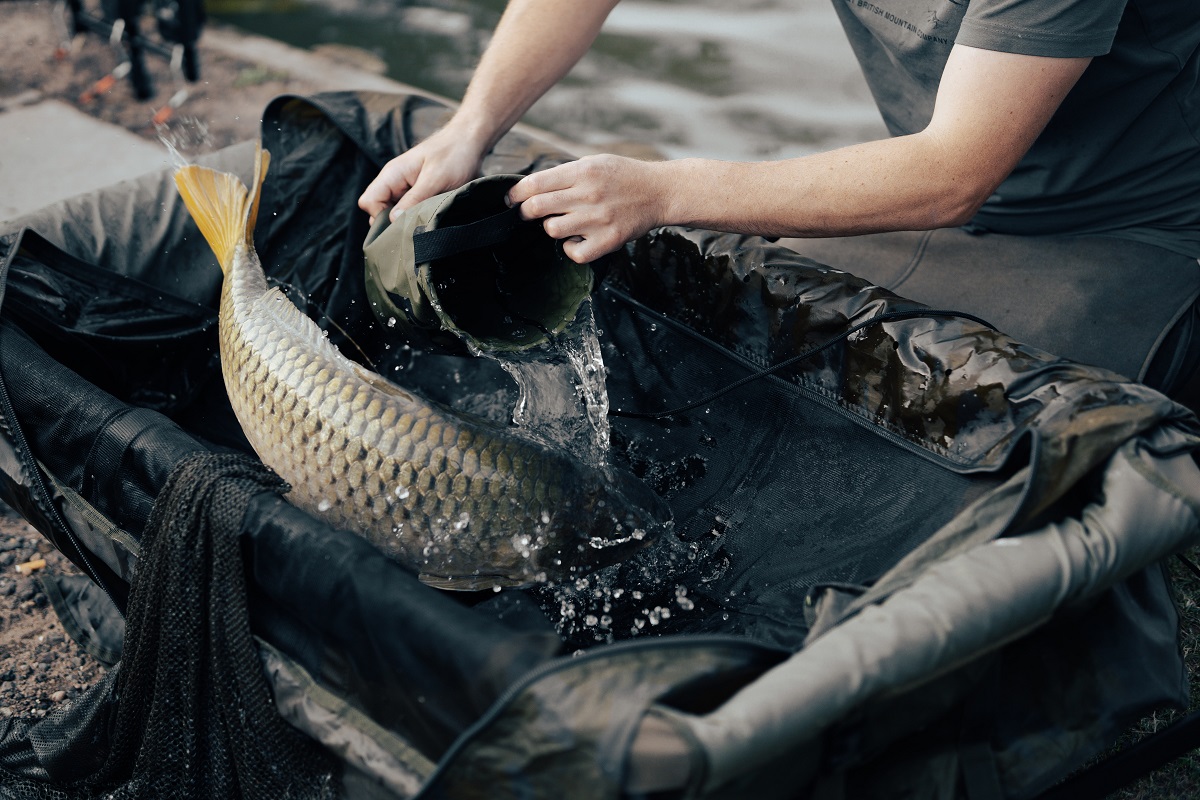Contact: +91 99725 24322 |
Menu
Menu
Quick summary: Disruption in fish production, new regulations, and increasing consumer demand for safe products has made the seafood supply chain traceability the new norm with blockchain solutions.

